Forty years on from the year in which it is set, and released on the date of Winston Smith’s first diary entry, George Orwell’s seminal dystopian novel Nineteen Eighty-Four (not 1984, despite how this most recent retelling has chosen to style the title) has received perhaps its highest-profile adaptation since Michael Radford’s film. Andrew Garfield plays the reluctantly rebellious Winston, and man-of-the-moment Andrew Scott is a smoothly vicious O’Brien. Cynthia Erivo makes for a suitably feisty Julia, and Tom Hardy reprises his Bane boom as Big Brother, although his contributions are wisely kept to a minimum. The talented supporting cast includes What We Do In The Shadows’s Natasia Demetriou and Black Mirror’s Alex Lawther, and the score is co-composed by Muse’s Matt Bellamy. Lavish cinema and television ads have brought the show to worldwide attention, and yet it’s likely to receive a fraction of the interest that, say, Ripley will obtain. Why? Because it’s an audio drama.
Granted, Audible’s new production of Nineteen Eighty-Four, which is billed as a disturbing, adult-focused and immersive experience, is a million miles away from a distinguished actor reading an audiobook version of Orwell’s novel. At times, it goes further than you might expect in terms of the sex and violence quotient; there is a love scene between Garfield and Erivo that, somehow, manages to be wildly explicit without showing anything visual (one can only imagine what it was like for the actors to record that particular scene), and there are nasty scenes of torture and violence that are none less chilling for being conveyed through a mixture of dialogue and sound effects. (Yes, Room 101 gets its full measure.) Muse fans, meanwhile, will be thrilled by Bellamy’s score, co-composed by Ilan Eshkeri and performed by a sixty-piece orchestra, that blends somber strings and piano with percussive electronic beats.
Director Destiny Ekaragha and screenwriter Joe White should be commended for a faithful and smoothly gripping adaptation that adds in a few successful set-pieces, such as Winston having an attack of paranoia on the train that his minor acts of rebellion are about to result in his immediate arrest. If it’s listened to on headphones in a public place, as it no doubt is supposed to be, Nineteen Eighty-Four becomes a deliciously chilling immersion in literary paranoia; you’re standing around your fellow citizens wondering which of them you’re going to fall in love with, which of them will betray you — and whether that will be the same person.
Clearly, Audible intends this to be a marker in a series of blockbuster literary adaptations that will change the face (or, rather, ear) of the genre. There was a Sam Mendes-overseen David Copperfield last year, with Helena Bonham Carter as Betsey Trotwood and Doctor Who’s Ncuti Gatwa as Copperfield, but it barely shifted the dial in terms of audience awareness. Ninety Eighty-Four feels different, and not just because of its A-list participants, rock star composer and dread-laden subject matter.
In a year where the word “Orwellian” is likely to be used more than usual in the course of the British and American elections alike, and where any tech blogger will write lazy articles talking about the way in which Big Brother, Newspeak and the rest have become part of our daily social media culture, it’s good to be reminded of the power of the original, translated into this new form.
Yet I remain unconvinced that this will be the crossover blockbuster success that Audible so clearly believe it will. Enjoy it for what it is — a few hours of sumptuously conceived and acted Orwelliana — and let’s leave the question of whether this will eventually come to replace visual entertainment out of the equation. Until, that is, Christopher Nolan is recruited to write and direct an immersive audio adaptation. Then we’re talking.



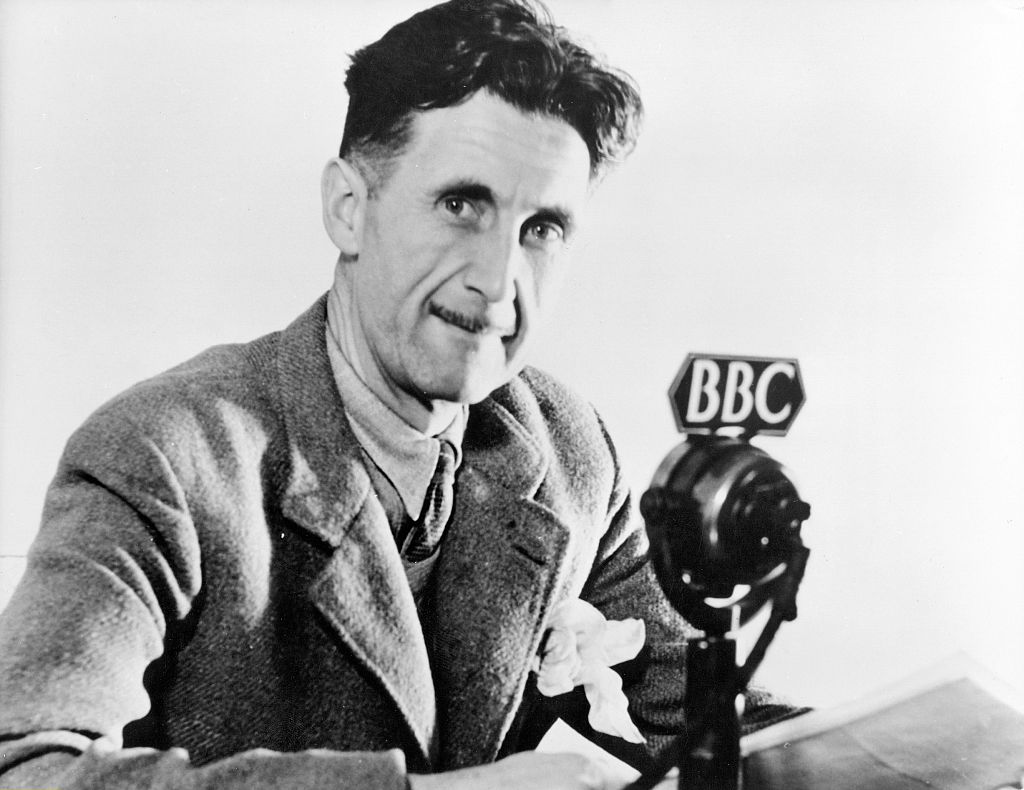


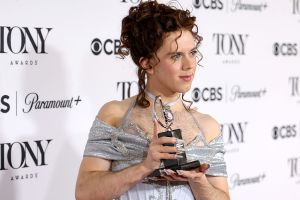
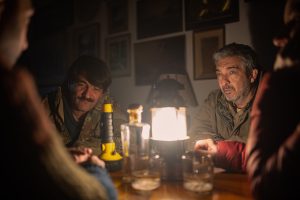

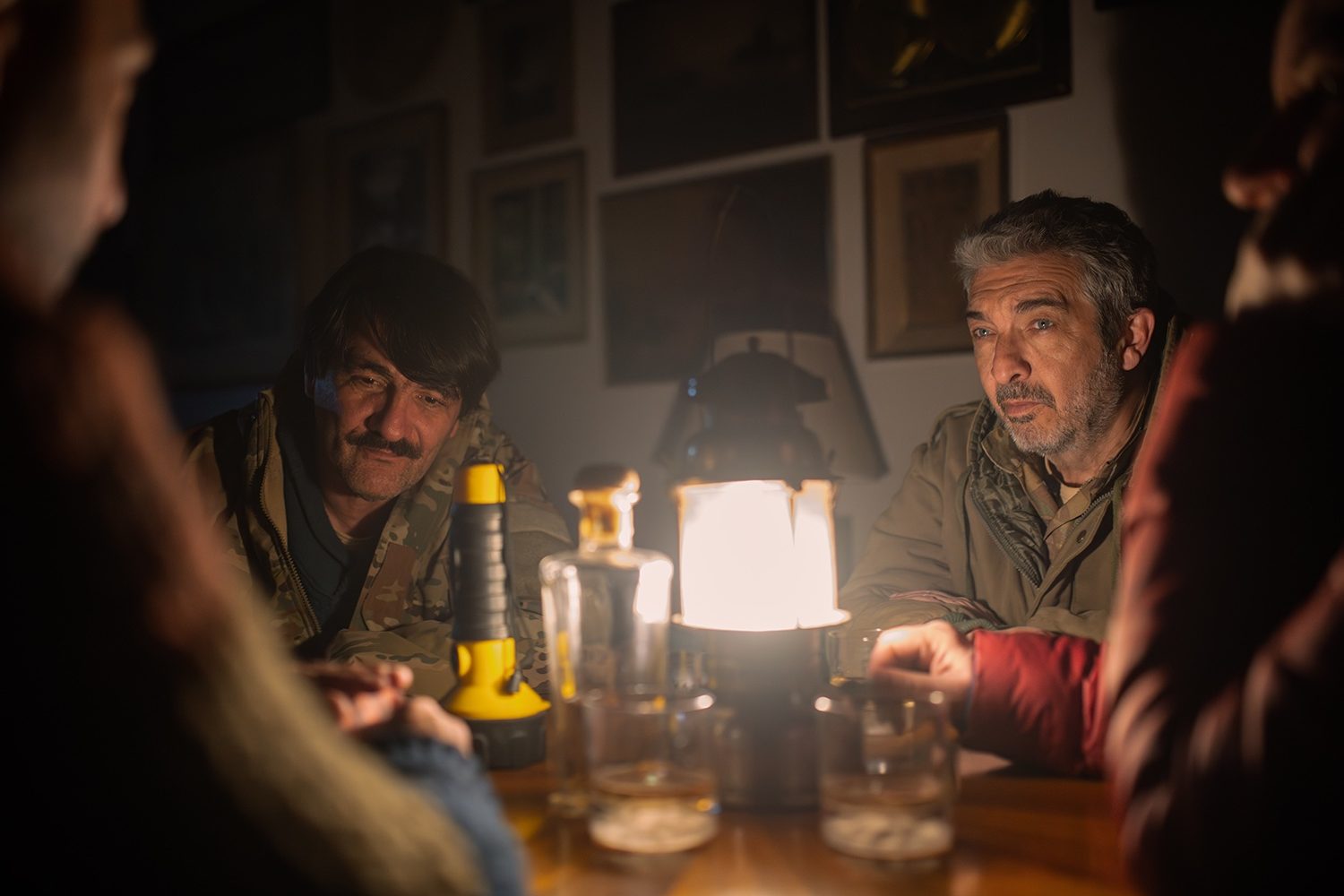
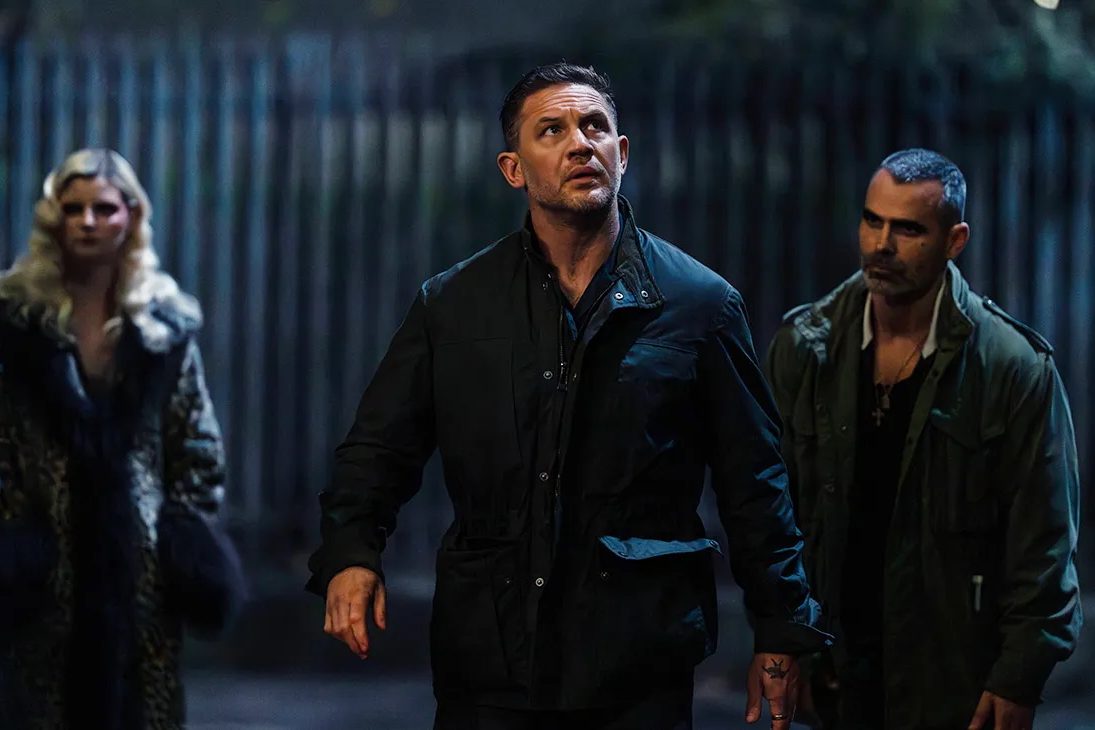

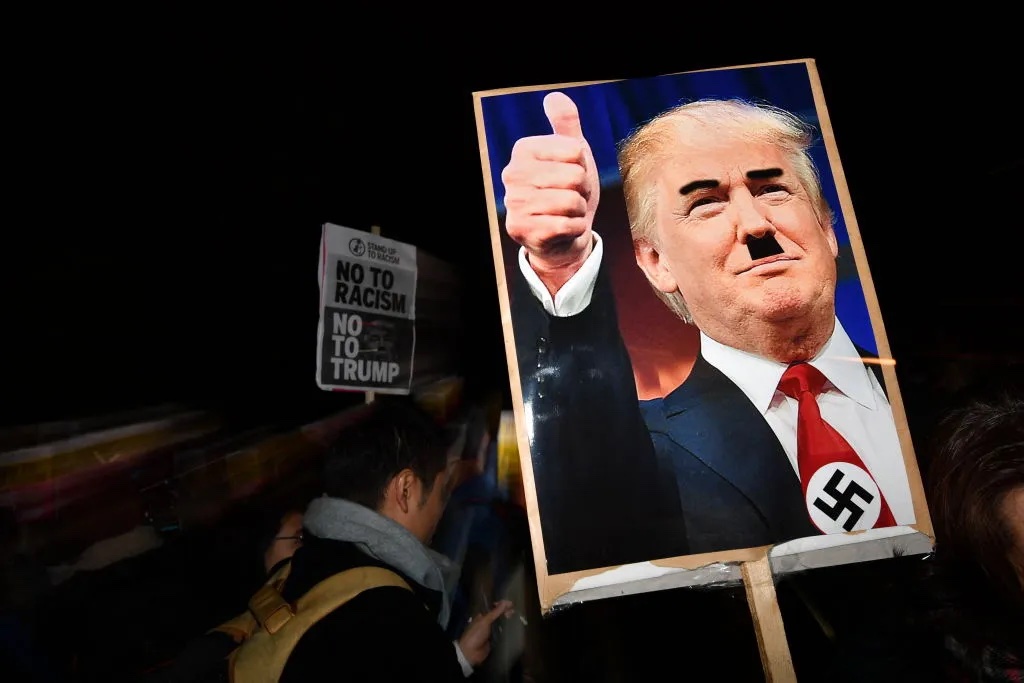
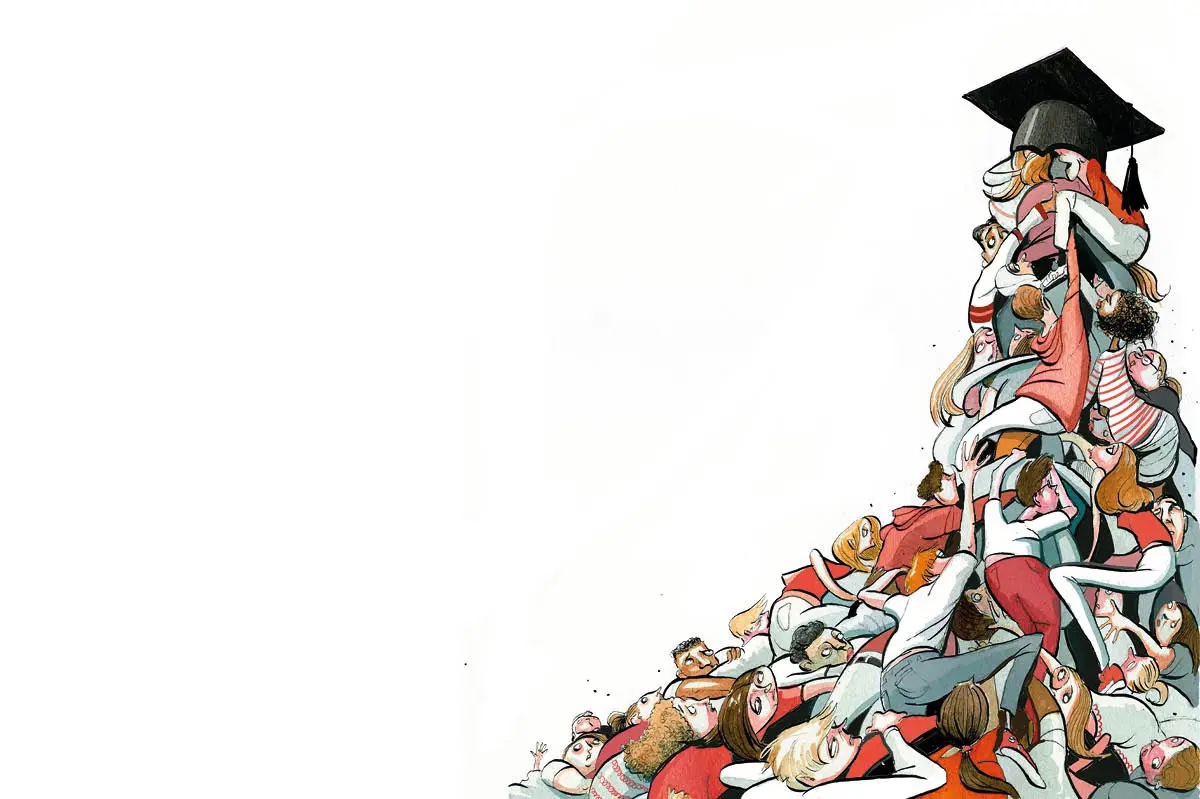








Leave a Reply